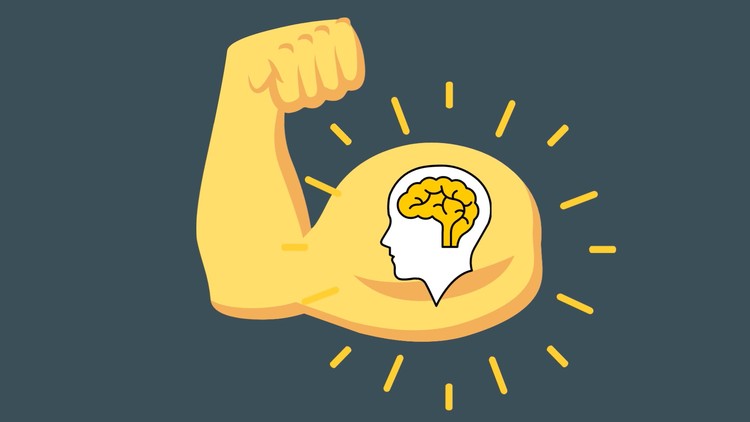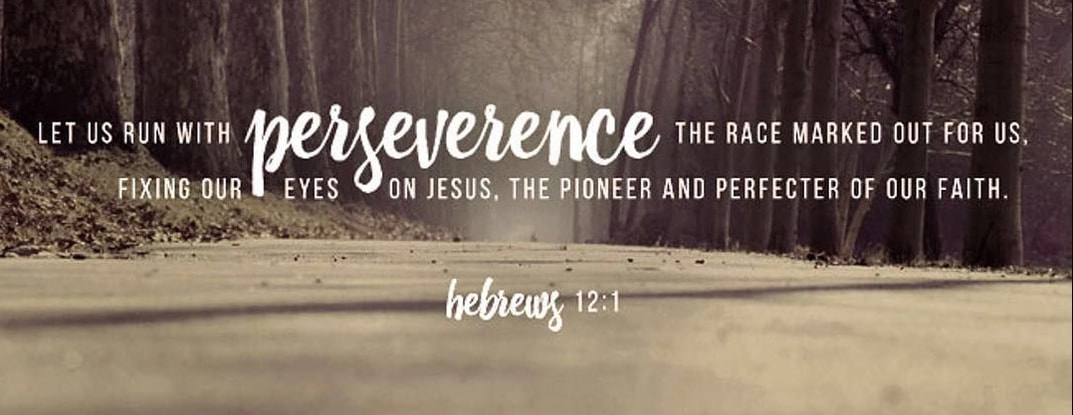|
By Alyssa Cheung According to Kelly McGonigal, author of The Willpower Instinct, willpower (also called self-control) comes from the prefrontal cortex, which is the part of the brain behind your forehead. It is responsible for decision-making and regulating behavior. In other words, the prefrontal cortex is responsible for one’s willpower and self-control. In order to make sound decisions, the prefrontal cortex must be properly looked after, meaning providing it with nutritious food, water, and good rest. However, the thing with willpower and self-control is that they become depleted throughout the day with use. Willpower is finite; there is only so much that we can use. Think of willpower as a muscle. With overuse, lactic acid builds up and the muscle becomes fatigued and sore. However, with the proper tips and tools, our self-control and willpower, just like a muscle, can be trained and strengthened. In Galatians 5:23, Paul lists willpower as one of the fruits of the Spirit. To strengthen and achieve a healthy level of willpower, one must begin by changing their self-talk. According to David Stoop, author of You Are What You Think, self-talk is a powerful force that can be used for positive change and is one’s belief system or pattern of thought. To experience self-control we must control our thinking, which requires examining every thought that enters our mind and evaluating if it is worthy of finding a place in our belief system. Spoken words, either aloud or in the privacy of our minds, are powerful. McGonigal states that negative self-talk is what can lead us to repeat activities and habits we are trying to change. Many people believe that negative self-talk is the motivating factor that can bring about the change we want to see. However, this form of thinking is incorrect. The key to greater willpower and self-control is not by being harder on ourselves. This can actually lead to having worse self-control. Proverbs 13:3 states that “he who guards his mouth preserves his life”. In order to guard our mouth and mind, an enhanced awareness is essential. Titus 2:11-12 states “for the grace of God has appeared that offers salvation to all people. It teaches us to say “no” to ungodliness and worldly passions, and to live self-controlled, upright and godly lives in this present age”. References:
McGonigal, K. (2011). The willpower instinct. New York, NY: Penguin Group Stopp, D. (2003). You are what you think. Grand Rapids, MI: Fleming H. Revell
0 Comments
By Mario Negrete Victorious Matthew chapter 4, verses 1-11 tells us the story of, perhaps one of the most crucial moments in earth’s history. Some may say that this moment was extremely critical to the survival of the human race because it is the only thing that truly gives us hope in these troublesome days. Matthew 4:1-2 begins to describe the setting of this intense battle between Christ and Satan, one that would set the tone for the rest of Christ’s ministry on earth as well as the gospel ministry that would proceed throughout the course of history. The reason why this moment was so intense is because Jesus was at a moment where his mental and physical strength was depleted, and all He could do was rely on the promises of The Word of God. If Christ were to give into to His “humanity” and fail this test in any way, then the adversary could make the claim that there was absolutely no hope for the human race when it came to his snares that lead to death, destruction, and eternal hopelessness. There would no hope for the addict, no hope for the criminal, no hope for those living a “double life”, no hope for anyone trying to change anything negative about their life into something positive, and no hope for any person living on planet earth today during these difficult moments. The Spirit had led Christ into the wilderness so that He could fast and pray over the work that He was about to do. The enemy was fully aware that The Savior was at His weakest moment and recognized that the moment to assault Christ with the mightiest of his tricks and deceptions was at hand. The devil knew that if he succeeded, absolutely no one could overcome his lies and, one by one, he would be able lead the world into its certain peril. The “lesser light” gives us insight on how The Redeemer was able to resist and repel each challenge that was presented to Him. “The Desire of Ages”(DOA) tells us that the devil came into the understanding that there was “…seen in men a working power that withstood his dominion.” (White, Pg.115) “The daily sacrifice” (confession and atonement for sins through the merits of Christ), study and meditation on the gospel, prophecies, and the law (bible study), and prayer (communication with the Lord) was the only way that God’s people could resist any form of selfishness and accomplish complete meekness towards the will of God.
Staying healthy and exercising is an important part of combating illness. For this week's devotional, we are presenting a video made by Doug Batchelor and Dr. Neil Nedley, in which they share the importance of exercise in combating COVID-19, along with 7 other practices you can do at no extra cost. by Hannah Gallant Do hard things for Jesus. That’s a phrase my best friend picked up while she was preparing for a triathlon. I loved how quick she was to accept challenges that would teach her to persevere. I loved how she knew that her commitment to doing hard things for Jesus was an act of self-sacrifice. She was willing to train physically, but in her commitment to doing hard things for Jesus, she really meant that she was willing to train spiritually. She knew that choosing to do hard things for Jesus was about more than just that triathlon. After all, it was a low stakes, weekly summer camp sprint triathlon with a cheap medal and a free ice cream as a prize for first place. And she only started training one week before. "Be thou faithful unto death and I will give thee a crown of life." Revelation 2:10 Of course it wasn’t about the triathlon. It was about the race of life. It was about setting her eyes on the real prize, which is much farther away than the end of a sprint triathlon. And our training and perseverance in the little things—daily tasks at work, home, and school, learning to manage our time, preparing for a 5K Boba Run—are what help train us for the longest race each of us will run. “Christian life is more than many take it to be. It does not consist wholly in gentleness, patience, meekness, and kindliness. These graces are essential; but there is need also of courage, force, energy, and perseverance. The path that Christ marks out is a narrow, self-denying path. To enter that path and press on through difficulties and discouragements requires men who are more than weaklings.” The Ministry of Healing, p. 497 We aren’t saved by our good works or our own drive to push through life—we are saved by faith in Jesus’ sin-cleansing sacrifice. But that doesn’t give us permission to live lackluster lives for Christ. We must choose the path of training that requires great effort, even though that path may come with much suffering and pain. Jesus knew that if He suffered on this earth, then His followers would suffer too. But He also promised us the Holy Spirit, One who would help us to endure the bitterest trials of our lives, just as He persevered through the most awful trial that led Him unto His death.
But we aren’t training for death. We’re training for eternal life. |
Archives |





